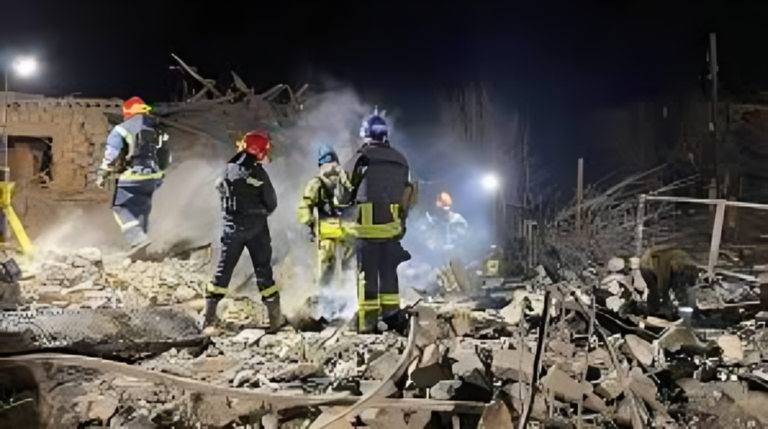The Middle East’s situation intensified once again after Iran launched a sudden attack on June 13, targeting Iran with a surprise assault. On the very same day, Israel responded with extensive strikes against Iran, leading to a spiral of escalating conflict.
Following this exchange, Iran launched a series of missile attacks in retaliation, while attempting to defend its own and US military targets using the American-made missile defense system, ‘THAAD’. However, during this period, Israel’s ‘THAAD’ missile defense system was nearing the end of its operational life within a few months.
Amid this critical time, US officials reportedly approached Saudi Arabia with a significant request: to help Israel by providing missile defense assistance using ‘THAAD’. Saudi Arabia, however, immediately rejected this proposal, which fueled US frustration and disappointment.
The ‘THAAD’ system, developed by the United States, was officially deployed in Saudi Arabia on July 3 after arriving there several months earlier. While this system proved capable of intercepting Iran’s missile attacks, it failed to protect Israeli cities and military installations.
According to Middle East Eye, US officials believe that Iran’s hostility extends to Saudi Arabia as well, considering both countries are adversaries of Israel. As a result, the US repeatedly urged Saudi Arabia to assist Israel with missile defense support. Saudi Arabia’s refusal to cooperate has increased Washington’s frustration.
The ongoing missile attacks by Iran, combined with the dwindling effectiveness of US-supplied defense systems, are now making Israeli cities and military sites prime targets. The region remains tense, and the world is awaiting how this volatile situation will ultimately unfold.











+ There are no comments
Add yours